Helping dogs stay happy and healthy is crucial to all dog owners out there. Our dogs are best friends so we want to do what is right for them as well as we can. This often involves looking for ways to improve the quality of their lives in increasingly more inventive and unusual ways.
Recently, natural remedies for how to treat ailments have become more popular. Owners have been looking to essential oils for help in the treatment of conditions like arthritis as well as for keeping their dogs flea-free as well as smelling good.
Related Post: Best Essential Oils for Fleas
One oil, in particular, has been making a lot of dog headlines. In this guide, we look at Peppermint oil, its uses, and whether peppermint oil is safe for dogs to use. We investigate whether it is amongst the best essential oils for fleas and their treatment is given that so many owners are looking to peppermint oil to help rid their canines of these pesky pests.
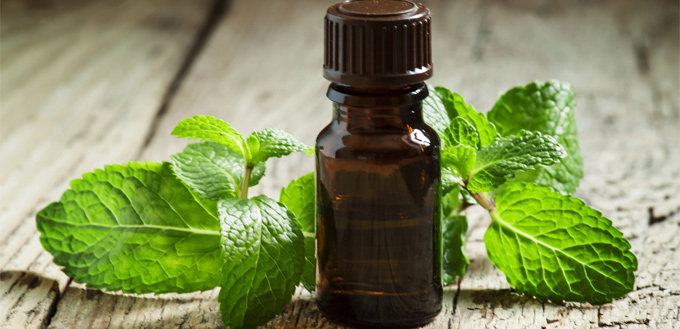
Is Peppermint Oil Safe For Dogs To Use?
Peppermint oil is safe for humans to use but that does not immediately mean that it is safe for dogs to use. In fact, there is a wealth of research out there that points to it being a possibly toxic substance for our furry friends. Plus the jury is out on how effective it is as a flea treatment anyway – if that is what you are looking for it to be.
The fact that it is unsafe is perhaps surprising for many of us given that it is a naturally sourced substance. However, just because something is natural, it does not necessarily follow that it is ok for dogs to ingest. A good example of this would be if your dogs were to eat grapes. They would be very poorly indeed. It is good to bear this in mind when looking at any alternative treatments like essentials oils. Peppermint oil is a prime example of a whole host of other natural remedies that humans can happily eat.
Plus, one of the main issues surrounding natural remedies like peppermint oil is the lack of regulation surrounding its production. In short, if it is organic or natural, it can often slip under the licensing procedure radar and not need to meet the stringent standards that regular pharmaceuticals do. While it does not necessarily follow that all-natural remedies are bad for dogs, you do need to take care and time to research any side effects before giving them to them. Vets are becoming increasingly concerned about the rise in the use of essential oils, peppermint or otherwise, due to this lack of regulation.
But What About Peppermint Oil For Fleas?
Peppermint oil is currently being touted as one of the best essential oils for fleas. Dog owners are keen to use it in place of the harsh chemicals that are included in the traditional flea treatments available. The hope is to negate the need to put such harsh substances on our dogs, their fur, and their skin.
Its popularity has seen an increase in this use because humans have long used it as an insect repellent. The research surrounding its efficacy is varied, however. Some studies have shown that it is good to use alongside other essential oils to keep pests away. Others have shown little benefit to using it.
One fact is clear, however, peppermint oil will not kill fleas. So while some flea treatments that are made using peppermint oil do kill fleas, it is not the peppermint oil that is killing the pests. It will be other ingredients that the manufacturer has cleverly included. Plus it is unclear how much of a concentration is needed for the oil to be effective, or even how often it needs to be applied.
Sadly it will only be when the regulation around testing essential oils changes, that research and conclusions would become clearer as to what the actual facts surrounding peppermint oil in flea repellents would be.
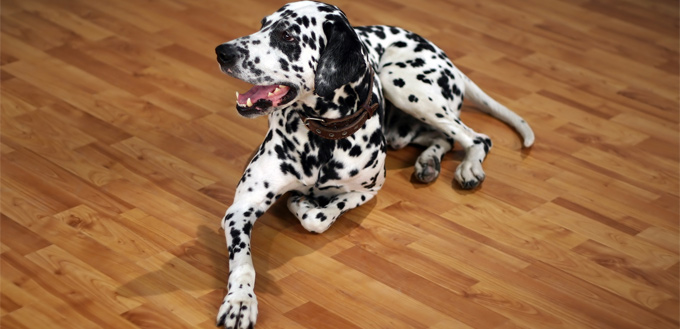
What Exactly Happens If I Use Peppermint Oil On My Dog?
Again, given the lack of regulation that surrounds the use of peppermint oil on dogs – either in treatment for fleas or on its own – is a little unclear.
Some of the risks that have been listed in relation to peppermint oil start with small conditions like skin irritation or simply the smell upsetting a dog’s sensitive nose. These minor reactions sadly can become worse when the oil is ingested, which dogs are likely to do when something is applied to the skin due to their self-grooming technique. If dogs, therefore, consume enough through grooming, or even by accidentally eating it in a large amount in another way, they can go on to become lethargic and have bouts of vomiting, both of which can develop into other more serious problems.
There is also the underlying problem of the flea infestation that your dog is tackling and suffering with, which in all likelihood would never be addressed or resolved by peppermint oil anyway. This is particularly problematic if the peppermint oil you have applied to your dog has given them skin irritation. Your dog will be even more inclined to scratch and perhaps scratch themselves so badly that the skin breaks.
This opens them up to further infections. For, if your dog has fleas, fleas can also spread tapeworm or other bacterial issues, or even viral ones. If your dog has an open sore that started through scratching, this can be prone to developing into something worse.
Is Peppermint Itself Bad For Dogs?
Just because peppermint oil could be toxic to your dog, it does not necessarily mean that peppermint leaves from which is derived are bad for your dog. Or does it?
Sadly, in the case of peppermint, it does. Peppermint has long been considered toxic to dogs by the ASPCA. This is why an essential oil of peppermint is considered toxic to dogs too as it essentially results in them eating a concentrated dose of peppermint.
If your dog were to eat a large number of peppermint leaves, he or she is likely to become very poorly indeed. This is something to watch out for if you like to grow herbs in your herb garden at home and it is in an area that your dog is free to access. For some dogs, it will be totally fine to leave them alone outside for a while unattended as they do not eat everything in sight. However, plenty of dogs often eat things that they shouldn’t when out and if this is the case with yours, it is best to keep an eye on them if you are a keen peppermint grower. Or else, simply plant it in a pot and put it up high.
However, if your dog eats a small amount of your peppermint plant, he or she will probably be fine. It’s simply a plant to be aware of that could cause your dog problems.
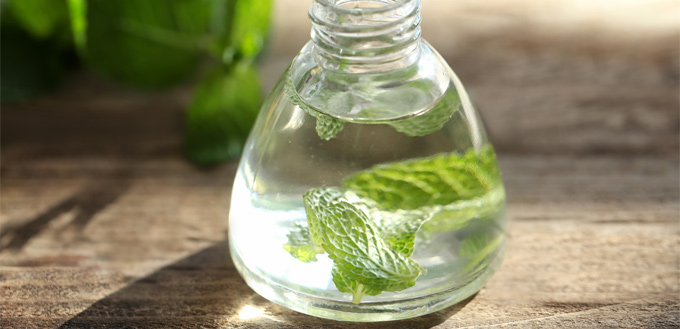
Peppermint Flea Sprays
However, if you are keen to try peppermint oil as a repellent for fleas as nothing else seems to be doing the trick, talk to your vet first about which ones your vet has seen to be safe. Then talk to them in detail about how to apply the spray safely as well as what the correct dosage is. With their help and guidance, you will hopefully be able to avoid any adverse reactions while hopefully gaining some of the benefits of it. You may indeed notice that fleas stop being so attracted to your dog and his or her fur. Sprays containing peppermint oil could well be used safely as they contain such a low concentration.
Peppermint Oil and Dogs
Given that so much of the research that has been conducted surrounding the use of peppermint oil as an alternative medicine for dogs is inconclusive at best, it is probably wise to give it a wide berth until more definitive answers are found. When it comes to our dogs’ health, even though the intentions are honorable, it is just not worth the risk of using peppermint oil given that it is known to be toxic when ingested. Some dogs do have strong stomachs, but many don’t which can be easily forgotten sometimes when we see them chewing away on a stick or other items they have found.
However, if you are still keen to use peppermint oil on your dog – as a repellent for fleas or any other reason – it is always best to do so under the guidance of your vet.
More Pet Product Reviews
Tick Repellent for Dogs
Dog DNA Tests
Flea Treatments for Dogs
Flea Collars for Dogs
Dewormers For Dogs
Essential Oils for Fleas
Flea Carpet Spray & Powders
CBD Hemp Oil for Dogs
Paw Protection Waxes For Dogs
Liquid Bandage for Dogs
Leave a reply
Note: The advice provided in this post is intended for informational purposes and does not constitute medical advice regarding pets. For an accurate diagnosis of your pet's condition, please make an appointment with your vet.




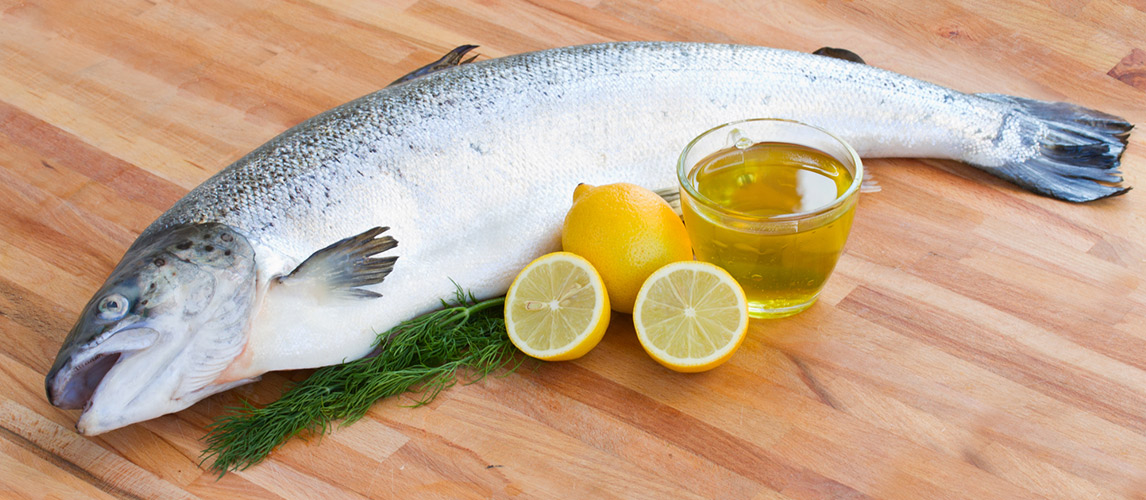
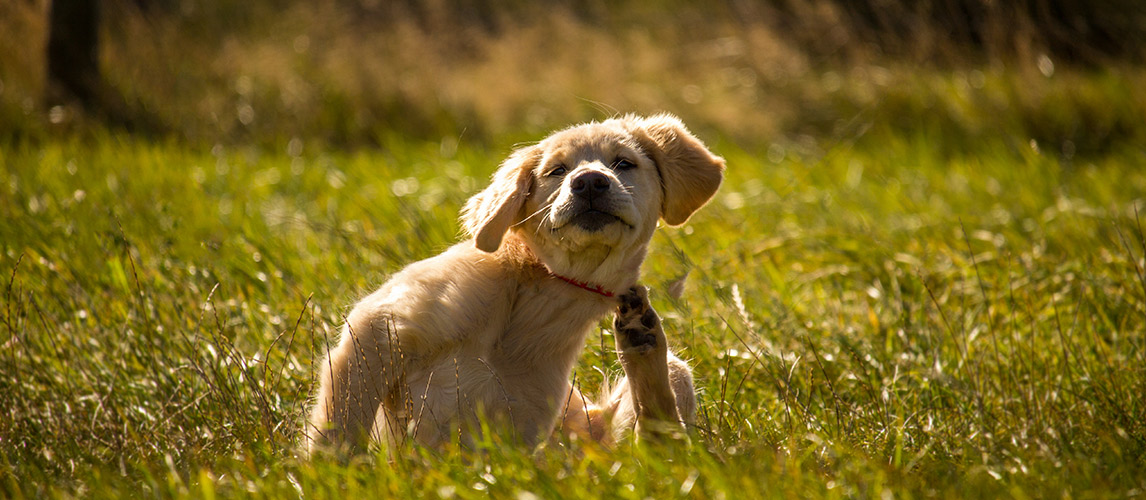
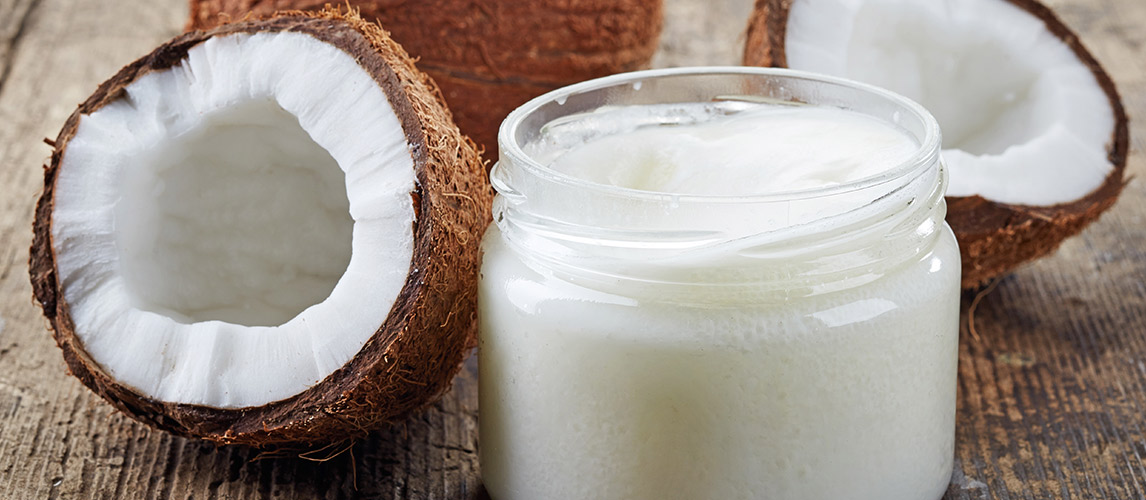
It is very strange that teeth wipes for dogs that I found all have peppermint in it… is it because the amount is so little that it won’t cause any harm?